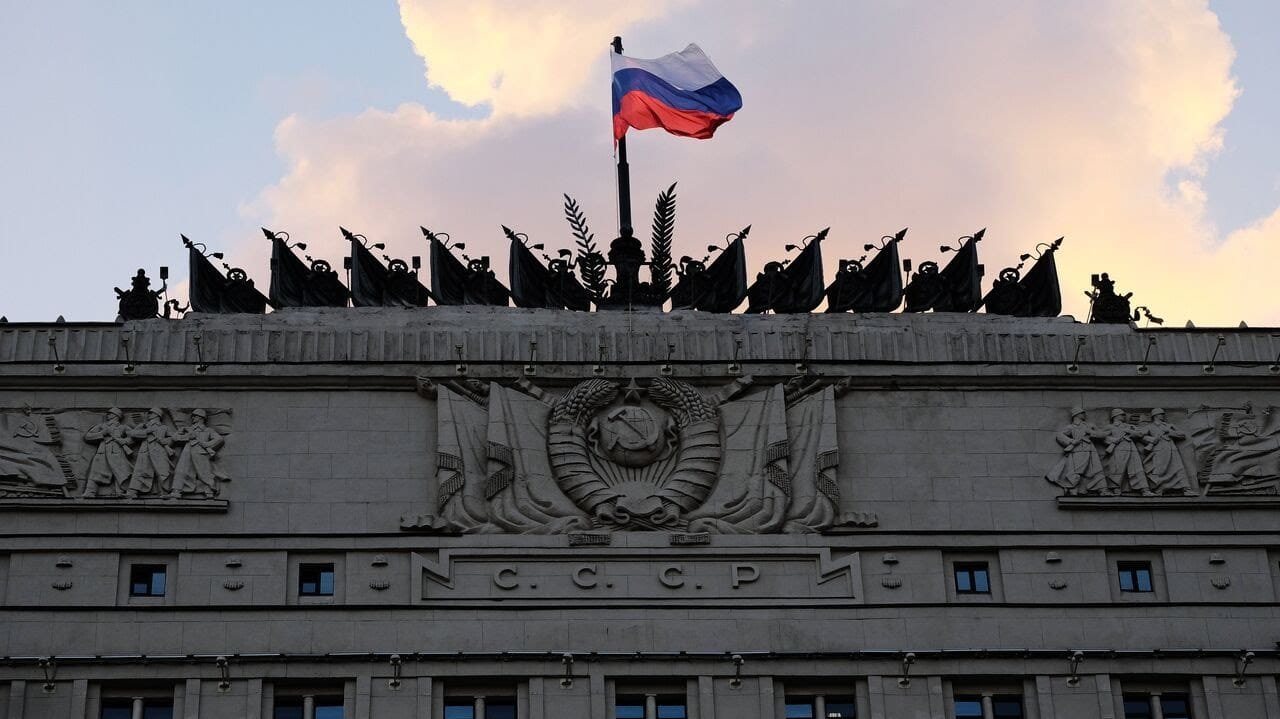Russia’s lower house of parliament has approved a move to formally withdraw from the Plutonium Management and Disposition Agreement (PMDA) with the United States, marking a sharp escalation in nuclear non-proliferation tensions. The PMDA, first signed in 2000 and enforced in 2011, required both countries to dispose of 34 tonnes of weapons-grade plutonium each—material considered enough for tens of thousands of nuclear warheads.
According to Russian statements, the decision to withdraw stems from what Moscow views as “new anti-Russian steps” taken by the U.S. that have “fundamentally changed the strategic balance” since the agreement was negotiated. Russia has cited NATO expansion, U.S. sanctions, and unilateral changes to how Washington handles plutonium disposal as among its grievances. The note accompanying the withdrawal legislation claims the U.S. has violated PMDA terms by altering disposal methods—for example, by diluting plutonium rather than converting it into mixed oxide (MOX) fuel or irradiating it as originally stipulated under the deal.
Russia actually suspended implementation of the agreement in 2016, citing these complaints, though it had never formally renounced the treaty until now. Under the pending legislation, Russia would also denounce all protocols related to the PMDA.
Experts warn that this formal withdrawal represents a major blow to U.S.-Russia nuclear arms control efforts. The PMDA was one of the few remaining bilateral agreements aimed at preventing weapons-grade plutonium from being reused in military programs. Its collapse could increase proliferation risks, reduce transparency, and complicate future cooperative efforts.
U.S. officials have yet to respond publicly in detail, though previous U.S. positions rejected Russian claims that dilution or storage methods violate the agreement. Some analysts believe Washington may view the legislative move as largely symbolic—given the agreement’s long suspension—but also as an indicator of deepening mistrust and the shrinking space for arms control diplomacy.





